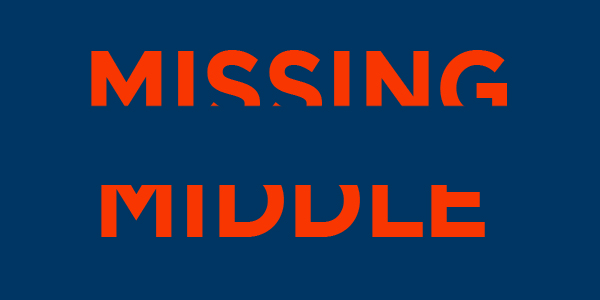Financial inclusion has left a “missing middle” across the developing world. Microfinance programs have been demonstrated to be a boon to women, millions of whom benefit from small-amount loans that can cover household expenses or create businesses. But many microenterprises never grow to create jobs and boost economies because they lack access to larger, sustained credit options. Larger-sized financial products – small business loans, venture capital and private equity – target larger enterprises. This leaves a “missing middle” in which both jobs and dollars are lost in struggling economies.
In Egypt, where half the population is under age twenty-five, 86 percent of the population are unable to access to formal financial services, savings accounts, insurance, or credit. A new Central Bank of Egypt (CBE) initiative has dedicated $1.6 billion to a microfinance industry targeted at the unbanked or underserved – particularly women and young people. The small- and medium-sized enterprises (SMEs) in developing nations are often primary sources of job creation and economic growth, and many of them are run by women and young entrepreneurs. But the International Finance Corporation (IFC) estimates that 55 to 68 percent of SMEs in developing countries are under-financed, creating a credit gap of $1 trillion.
Women business-owners face particular challenges in accessing financing. Legal and cultural barriers mean that up to 70 percent of women-owned SMEs in developing countries are without the financial products that would enable them to grow their enterprise. 30 percent of businesses in Egypt are owned by women, yet the credit gap for these businesses is $283 million. It’s a substantial market opportunity for banks, and it also holds the key to job creation in an economy struggling with a 12 percent unemployment rate. and 33 percent unemployment of young people under the age of 29.
Creating financial inclusion is key to the economic future. The Egyptian Banking Institute’s (EBI) annual conference focused on the importance of financial inclusion to boost GDP and reduce poverty, especially financial inclusion for youth and women, and micro- and small-businesses, but it is particularly small- and medium-sized businesses — the “missing middle” that may bring the most economic impact.
The International Finance Corporation (ICF), is already active in SME financing. In Jordan it has established distinct products for the women in the SME market. The Shorouq brand of financial services for women at the Bank al Etihad, targets women by providing collateral-free loans and special savings programs. In Pakistan, bank staff are incentivized for opening accounts for women.
Although Egypt has one of the lowest levels of financial inclusion, the country has taken steps toward promoting bank accounts and other financial services –strengthening the regulatory environment and placing a greater focus on mobile banking. Still, significant portions of the population in Egypt and developing economies around the world, will remain part of the “missing middle” if it is overlooked as part of the value and prosperity for the nation’s economy.


